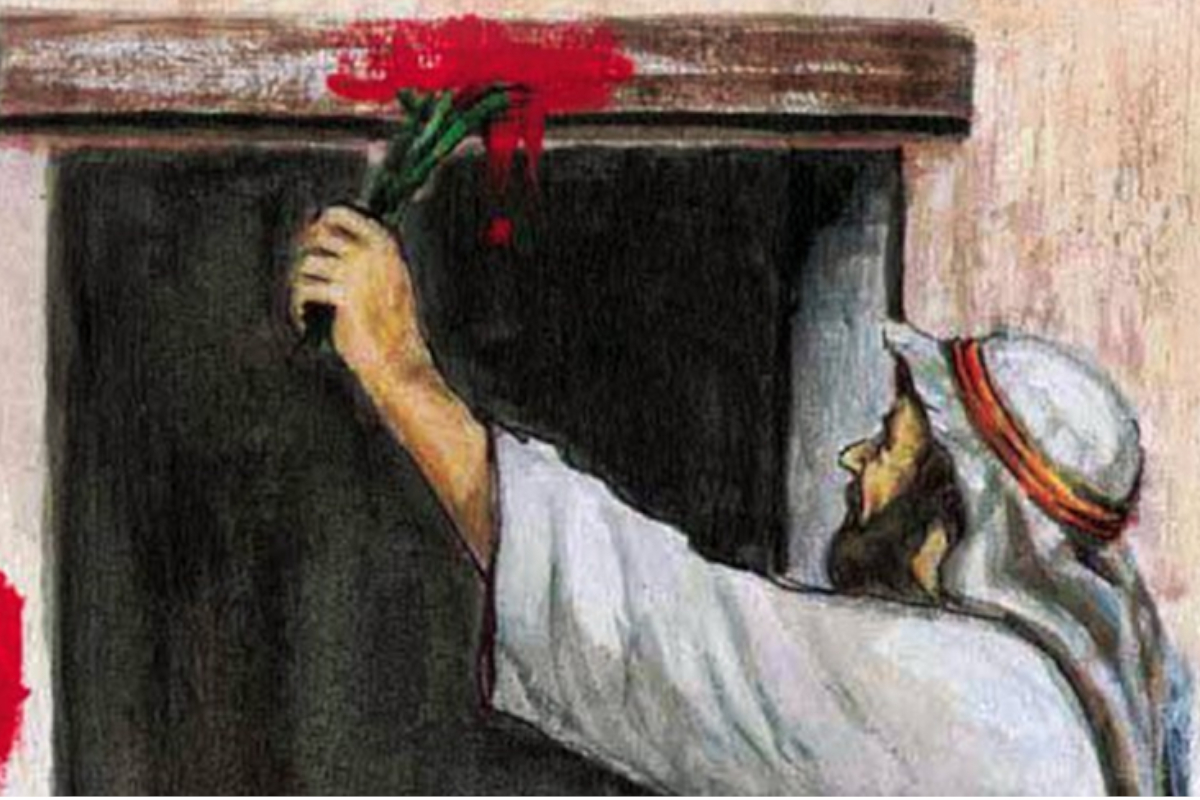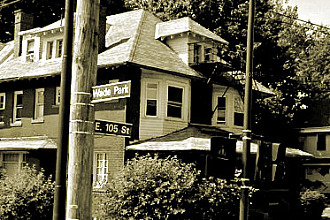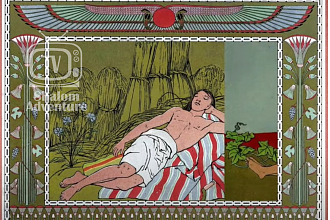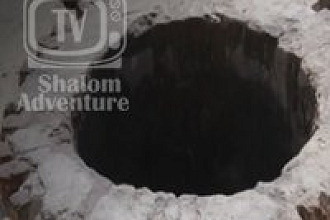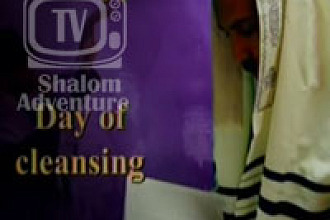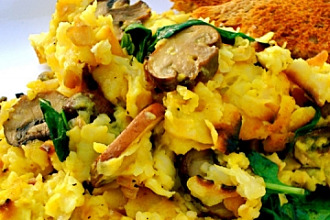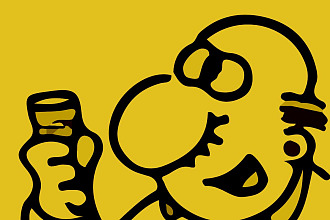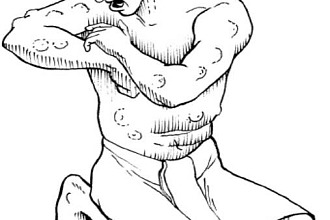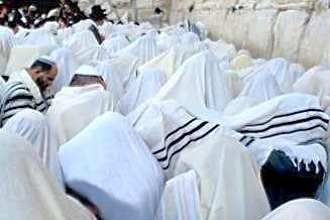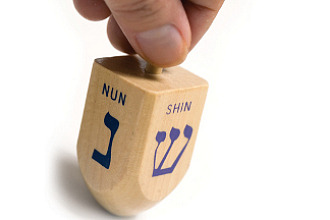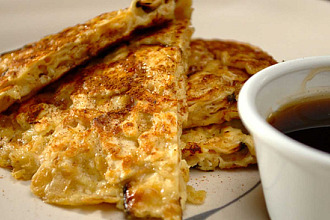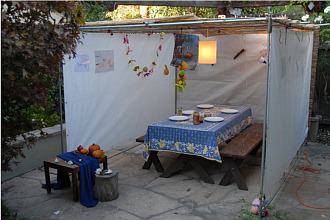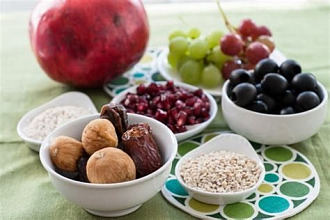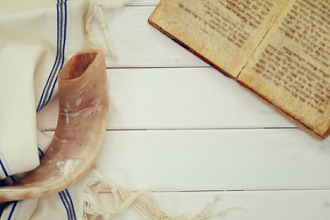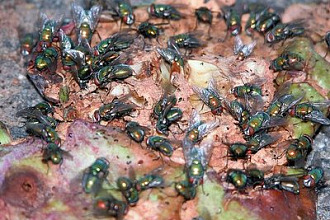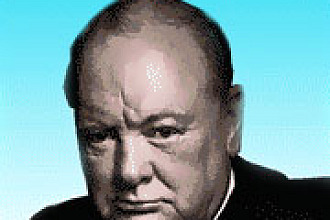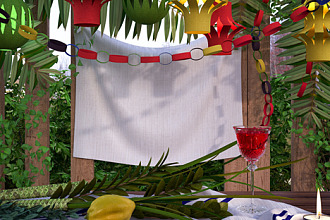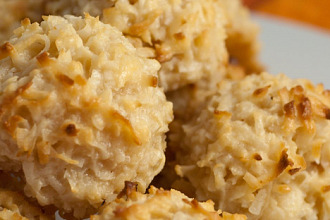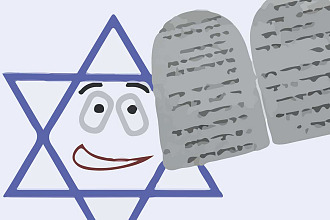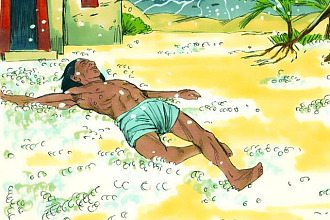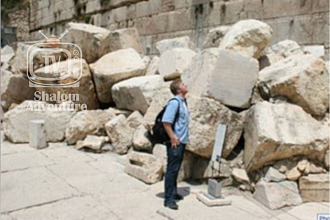The Passover is a very important Holy Day in Jewish history. The Passover begins the day before the feast of unleavened bread, on the 14th day of the Hebrew month of Nissan. It commemorates God's deliverance from the bondage of Egypt. God had commanded Moses to go to the Pharaoh of Egypt and demand that he let God's people go free. The Pharaoh refused, and God brought 9 plagues upon the Egyptian people.
Then God promised Moses that the 10th one would be the last. God commanded the people to go and prepare a lamb without any defects. They were not to break any of the lambs' bones. They were to take the blood from the lambs and paint them upon the doorposts of their homes. The people did as they were commanded. They were to roast the lamb and to eat it with unleavened bread and bitter herbs. They were to burn any of the animals that were left over; none of it was to be left overnight. At midnight all of the first born died who did not have the blood of the lamb over their door posts.
Then Pharaoh released the Jewish people.
God led them by a cloud by day and a pillar of fire by night.
God led them up to the Red Sea. They were walled in by steep mountains on either side and by the sea in front of them. The Egyptians began to chase after them. The people were afraid and thought they had made a mistake in leaving Egypt, but Moses said to them, "Fear not, stand still and see the salvation of the Lord. The Lord shall fight for you." Then God commanded Moses to lift up his staff and stretch it out toward the sea. God then parted the sea, and the people passed through on dry land. When the Egyptians tried to pass through God closed the sea on them and they drowned.
God is alive and is able to protect his children.

